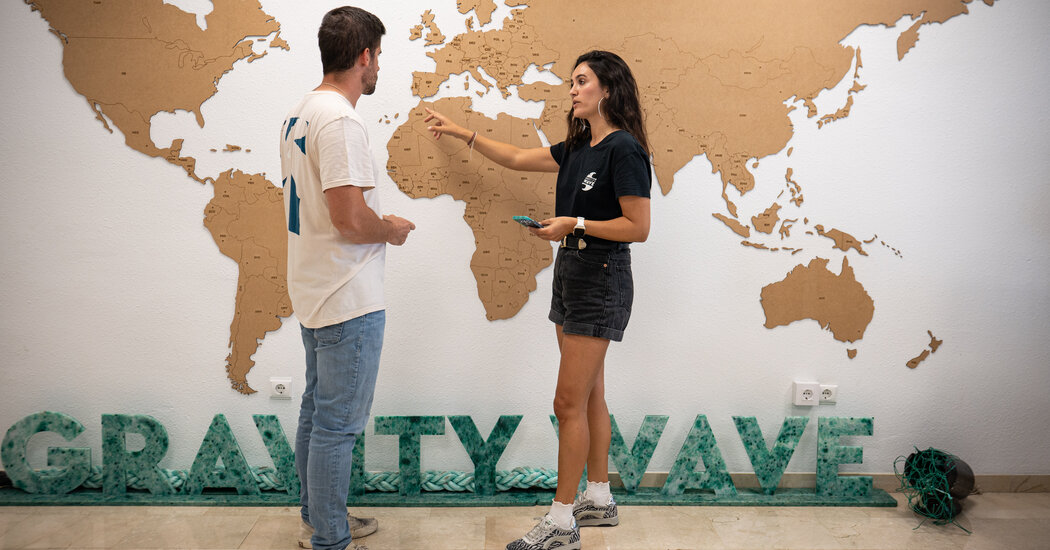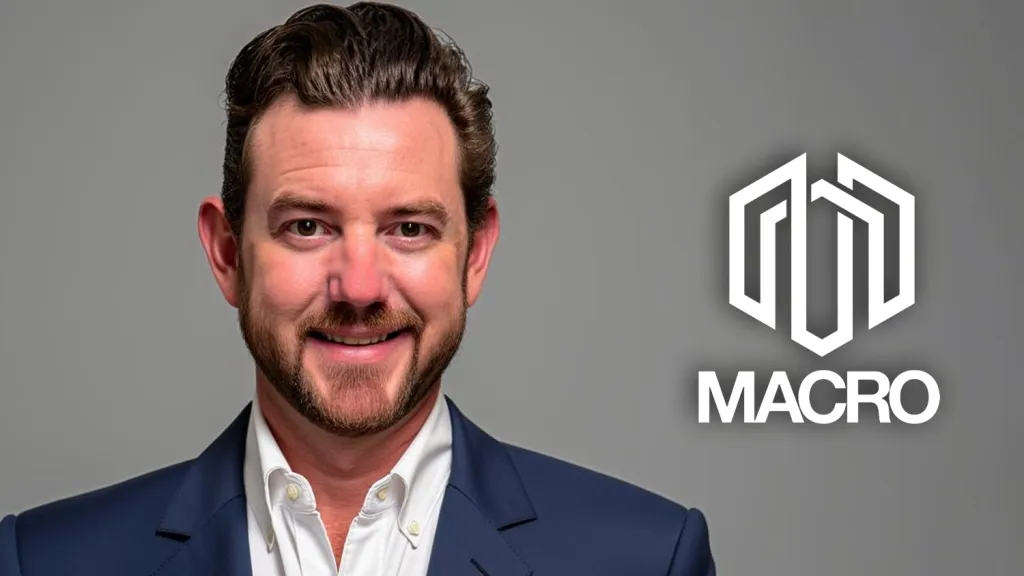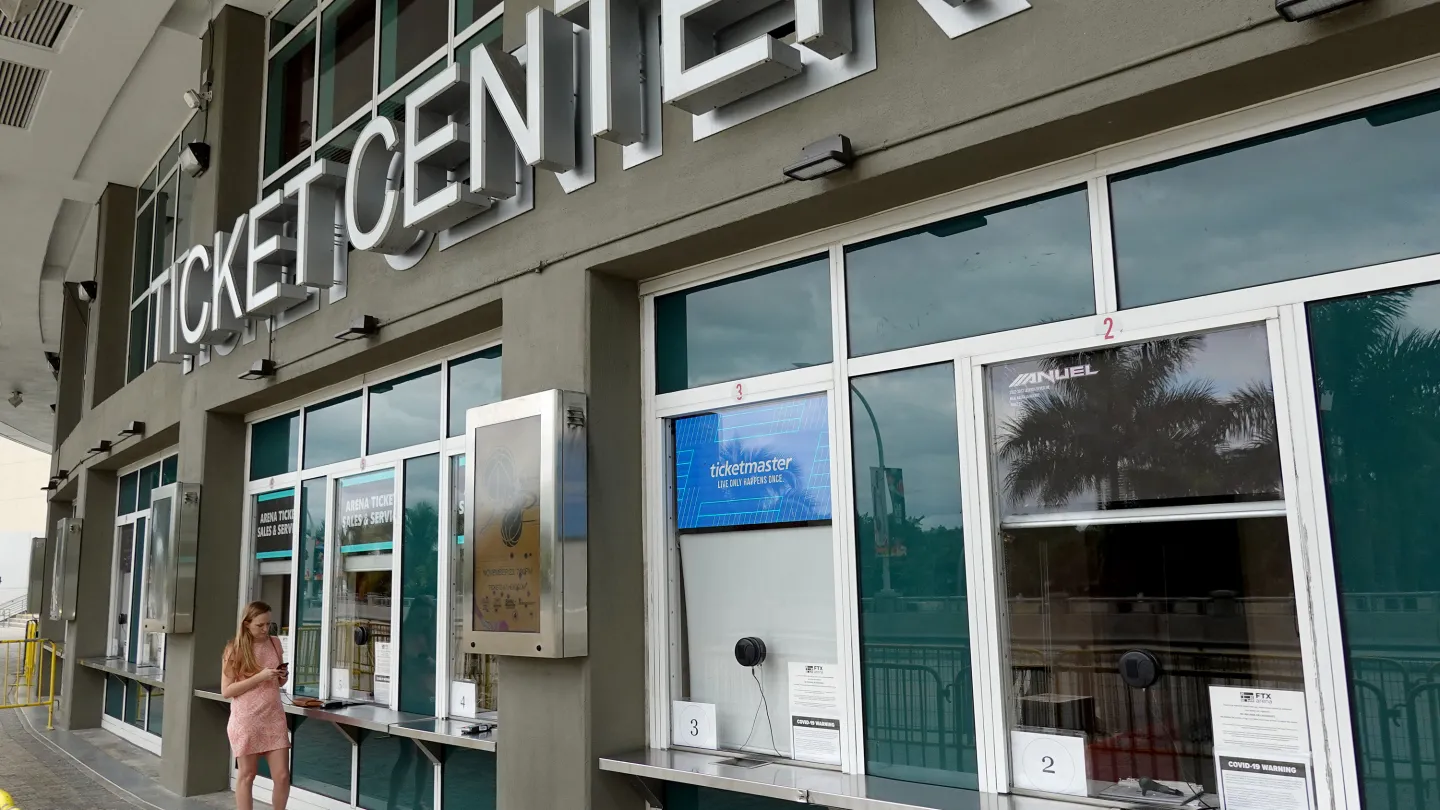Copyright The New York Times

Entrepreneurs in the European Union who want to expand their business across borders keep hitting the same hurdle. Red tape. More start-ups have formed across Europe in recent years, fueled by world-class research hubs in Britain, booming tech sectors in France and Germany, a high venture capital presence in Estonia and robust backing by pension funds in Sweden. But cumbersome bureaucracy — covering everything from hiring requirements and environmental laws to financial regulation and fund-raising rules — can stifle companies wanting to grow. Excessive paperwork threatens to hold Europe back from competing globally, according to an influential report released last year by Mario Draghi, a former president of the European Central Bank. The report also called for the creation of a single capital market, echoing the concerns of entrepreneurs, who feel the pain of excessive regulation more acutely than multinational companies. Despite the challenges, there were 35,000 early-stage companies in the European Union and Britain in 2024, more than four times as many as a decade earlier, while investment ballooned tenfold to $426 billion, according to a report from the venture capital firm Atomico. Fund-raising rounds alone are now five times what they were a decade ago, bolstering private companies like the finance app Revolut and Mistral, an artificial intelligence company. Yet European companies still struggle to expand, raising two-thirds as much funding relative to output as their American counterparts and achieving only half their success rate, according to the Atomico report. One of the European Union’s key aims was to create a unified market, but regulations governing everything from licenses to labor laws vary across the trade bloc. So, despite decades of attempts by E.U. officials to cut bureaucracy and unify rules, start-ups must navigate a patchwork of regulation. “The devil is in the detail,” said Max Flötotto, a senior partner at McKinsey & Company in Munich who helps fintech start-ups grow. “Even if there’s a similar directive, implementation country by country is not always the same, which requires more work and makes it more cumbersome.” “Europe needs to get its act together and finally set up a single capital market,” said Peter Vesterbacka, a Finnish entrepreneur who helped Rovio Entertainment transform the Angry Birds mobile game into a global phenomenon. Mr. Vesterbacka, who is also a founder of the influential Slush start-up festival in Helsinki, noted a bigger issue: Europe’s lack of a Silicon Valley “can do” attitude among founders. “Slush wanted to change the mind-set to ‘If that guy can do it, so can I.’” For Yiannis Giokas, who has built companies on both sides of the Atlantic, bureaucracy is an all-too-familiar obstacle. When Mr. Giokas started a cybersecurity firm in 2011, in the middle of Greece’s financial crisis, he moved it to the United States to expand more quickly. Three years later, the company was acquired by a Hong Kong telecom provider. In 2018, he helped start Finclude, a firm based in Ireland that would work on a standardized credit score across Europe, after the European Union introduced a directive to increase participation in the financial services sector. The company gained a foothold in Greece and Cyprus, but it has failed to enter any market beyond — including Ireland. That’s because of the myriad interpretations of the law by members of the trade bloc. The regulation functioned more as a legal framework than a technical guide, Mr. Giokas said, “so it’s open to hundreds of different implementations.” Other start-ups have faced similar roadblocks. Gravity Wave, a Spanish clean-tech company that removes plastic from the ocean and recycles it into furniture or pellets, has been slowed by complex regulatory procedures for transporting waste across E.U. borders. Amaia Rodríguez Sola and her brother Julen Rodríguez, who run Gravity Wave, visited dozens of plants to source local recyclers in Italy and Greece to avoid dealing with these regulations. Complicating matters further, many recycling companies were reluctant to accept Gravity Wave’s ocean plastic. Fishing nets — the bulk of the company’s haul, collected with the help of local fishermen and divers — “would get stuck in the machines,” Ms. Rodríguez Sola said. She added that expanding across borders posed another challenge: Every country tends to protect its own companies. “They prefer to deal with their own people,” she said. There has been some progress. Experts say Europe is shifting from lofty climate goals that often burdened industry to an approach more focused on increasing growth and giving start-ups, including those with green missions, a better chance to thrive. A report from McKinsey and the World Economic Forum also called for simplifying regulations and warned that falling behind in tech investment could cost the European Union 2 trillion to 4 trillion euros by 2040, more than its planned spending on health, defense and the green transition together. The European Union plans to introduce a single set of rules for start-ups next year to help them grow and operate across the region. To foster entrepreneurship across Europe, Lars Rasmussen, a founder of Google Maps, helped college students start Greece’s first international start-up fair, Panathenea, in May. After a decade-long financial crisis, Greeks have realized entrepreneurship is the way forward, he said. In recent years, Greece has become the fastest-growing start-up ecosystem in Europe. Mr. Rasmussen has invested in about a dozen Greek start-ups, including PhosPrint, a laser-based bioprinting company specializing in regenerative medicine. Worries about regulatory barriers can be “self-reinforcing,” Mr. Rasmussen said, preventing founders from aiming for the global stage. Success stories like Sweden’s Spotify bucked that trend. “It takes one to show that you can do a world-changing, industry-disrupting start-up,” he said. Europe is still fighting for its footing in the global start-up race. Progress is patchy but with “pockets of strength,” said Mr. Flötotto, the partner at McKinsey. “We know how to do it,” he said. “We just haven’t done it at scale.”



